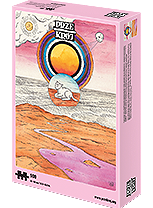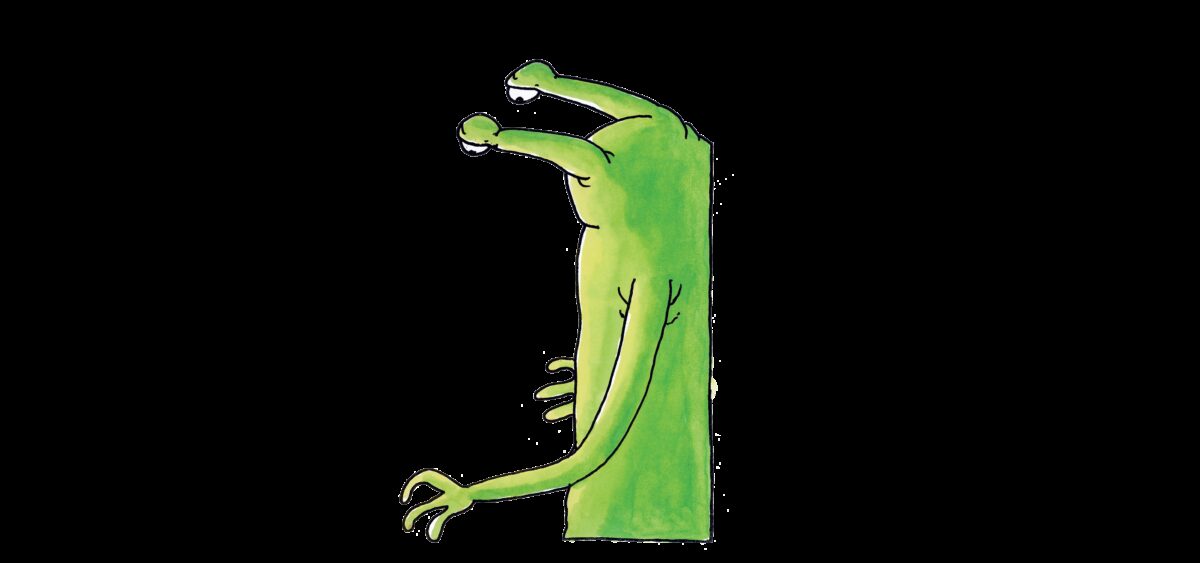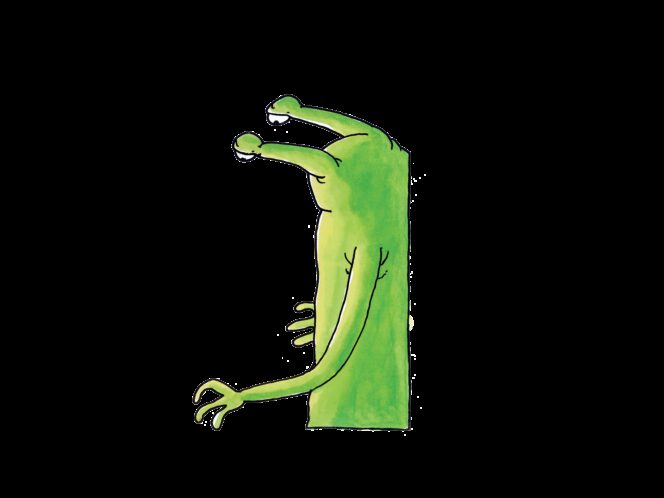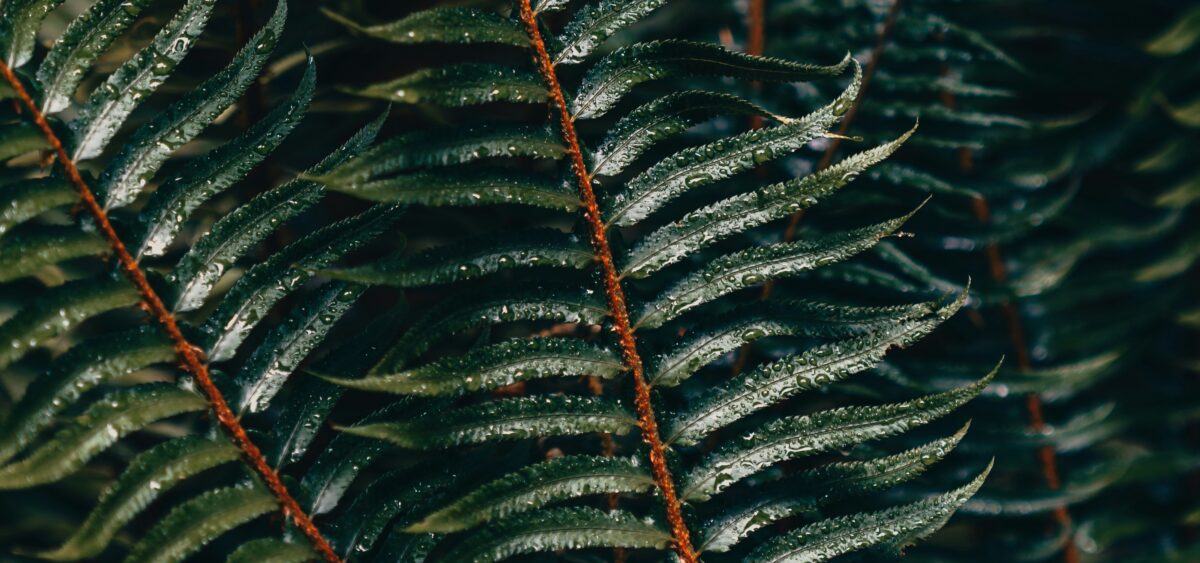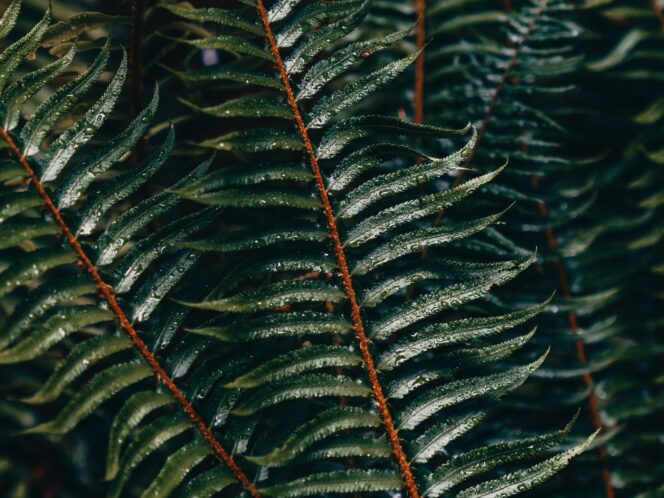
“The plant glues it all together and energizes it, weaving it with the wave of rays pouring in. A living body is created – new leaves and, right away, green shoots. All of them want to live, to create themselves. Their April hunger is overwhelming for a person dragged out of the winter light deficiency,” says biologist and poet Urszula Zajączkowska, as she takes us for a walk through the spring-time woods.
Yet despite it all, it’s quiet. I can’t hear a thing, although over there (so not exactly here, from a distant star) a white light spreads out across the universe, reaching as far as here and hitting my skin. All of this happens soundlessly, and it doesn’t cause me any pain either. 15 million kilometres from here, hydrogen in the sun boils at 15 million degrees Celsius. Oh, look at all the warmth radiating from that nuclear gurgle! Look at the shots of shining photons, as they chase through the icy darkness, unsettled. Look! Now they are fleeing the glowing heat. They pull away from its body, in a hurricane of fire, in flaming blasts. They’ll soon be here; in a moment they will light up the globe with a pale blue glow. And that’s how cosmic light establishes the day for us. I open the door. Splinters of the sun hit my eye.
Light is described as a stream of mutually-induced bundles of energy. Sometimes I can really understand it in that way.


